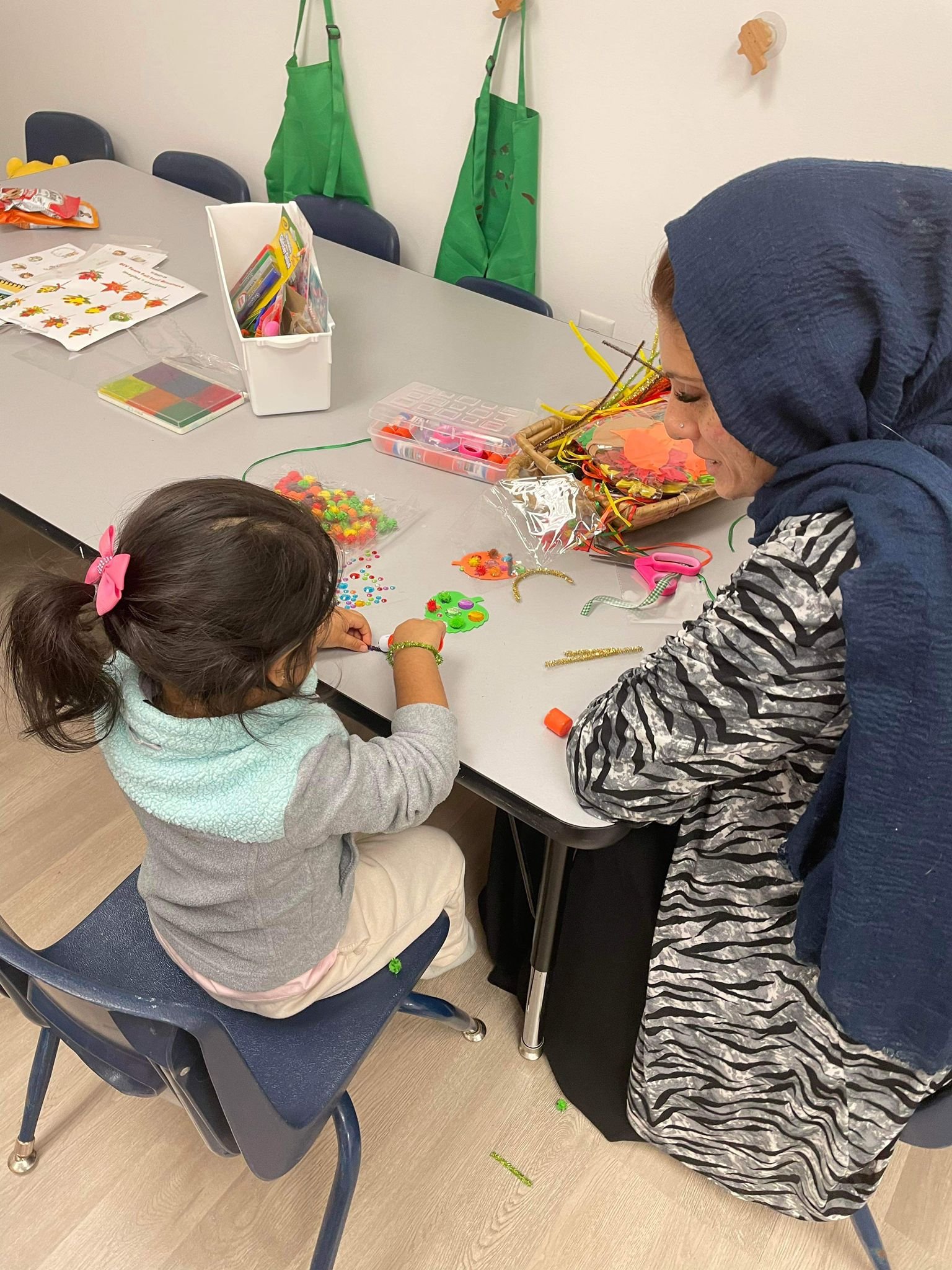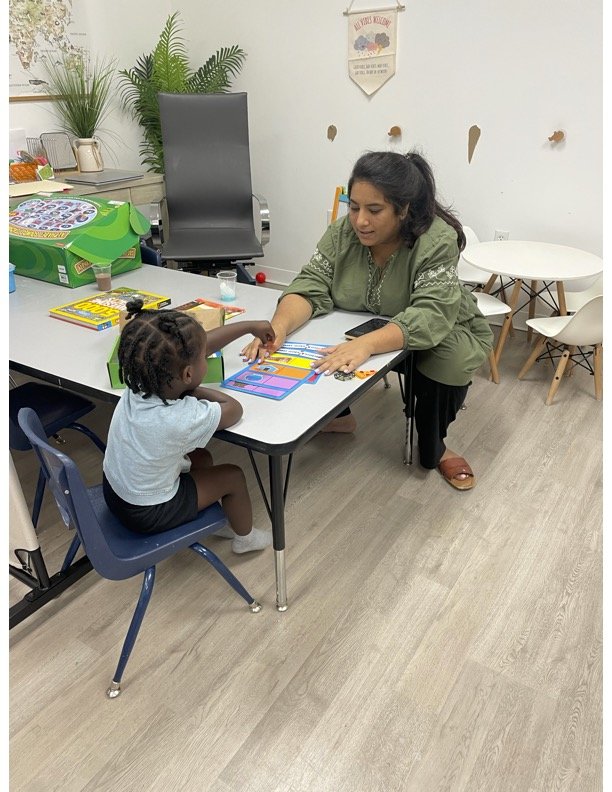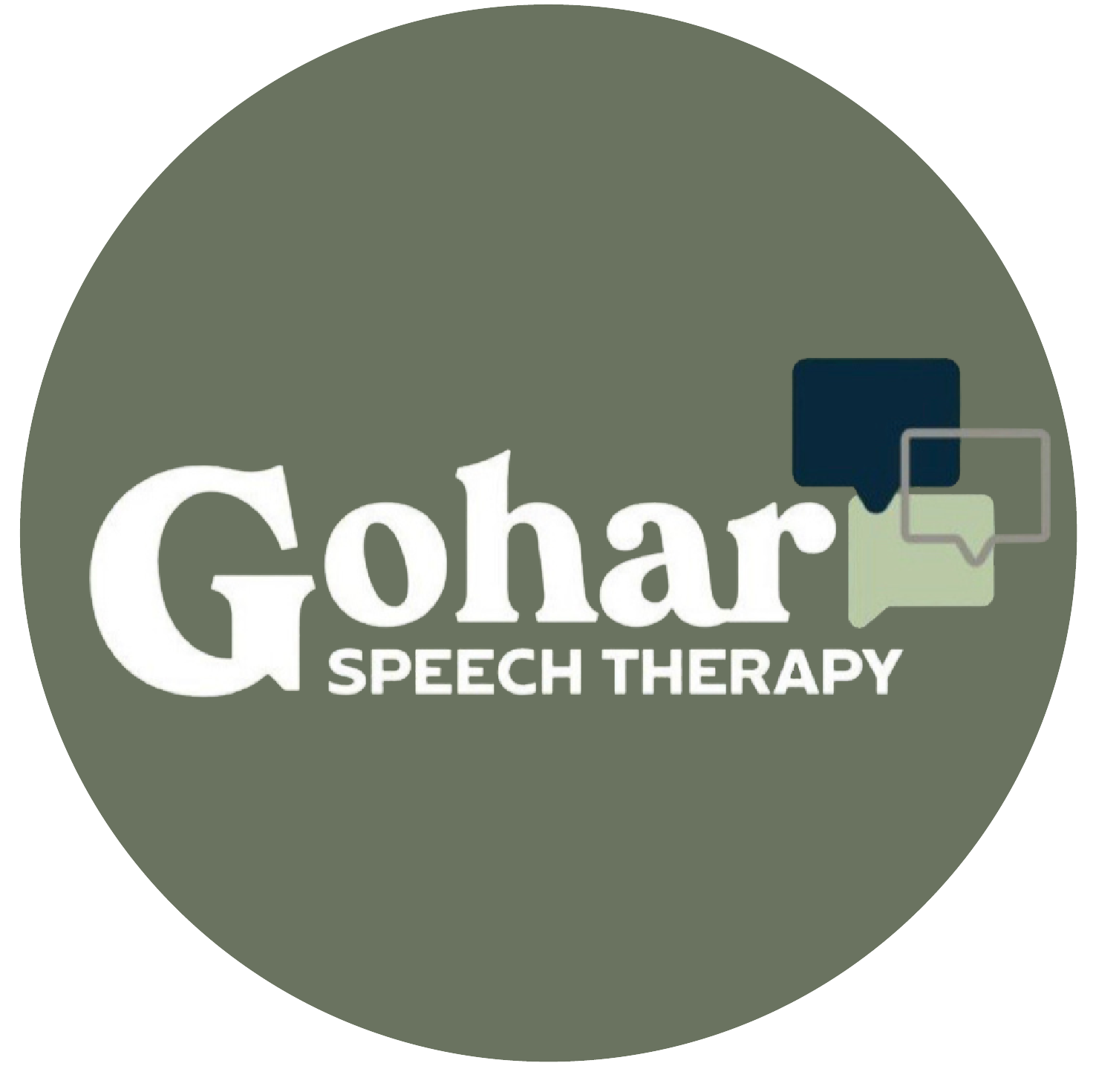
Speech and Language Therapy
Speech-language pathologists work with children and adults who have communication difficulties. Pediatric speech-language therapists specifically treat a variety of conditions and disorders, including:
These involve difficulties in understanding or using language properly. A child may struggle with learning new words, forming sentences, following directions, or clearly expressing thoughts. They might speak in short phrases, have trouble telling stories, or misunderstand questions. These challenges can affect their ability to communicate at home, in school, and with peers.
Language Delays or Disorders:
These involve issues with pitch, volume, or quality of the voice, making speech sound hoarse, breathy, strained, or too soft/loud. Voice disorders can result from vocal strain, nodules, polyps, paralysis, or medical conditions affecting the vocal cords. Children or adult with voice disorders may frequently lose their voice, sound raspy, or struggle to project their voice.
Voice Disorders
This refers to partial or complete difficulty in hearing sounds, which can affect speech and language development. Children with hearing impairments may have trouble understanding spoken language, pronouncing words clearly, or processing sounds properly.
Hearing Impairment
These involve difficulties with pronouncing sounds correctly, making speech unclear or hard to understand.
Articulation Disorders occur when a child has trouble physically producing specific speech sounds (e.g., saying “wabbit” instead of “rabbit”).
Phonological Disorders involve patterns of sound errors, such as leaving out sounds (“nana” for “banana”) or replacing sounds (“tat” for “cat”).
These challenges can impact communication, reading, and social interactions.
Articulation & Phonological Disorders:
These involve difficulties with chewing, swallowing, or safely managing food and liquids. Signs may include coughing, gagging, choking, refusing certain textures, prolonged mealtimes, or frequent respiratory infections.
Feeding and Swallowing Disorders
These occur when cognitive issues, such as memory, attention, problem-solving, or executive function, affect a person’s ability to communicate effectively. Both children and adults with these disorders may struggle with organizing thoughts, following conversations, remembering information, or understanding complex instructions.
Speech therapy can help improve skills like attention, memory, reasoning, and communication strategies, supporting both personal and professional success.
Cognitive-Communication Disorders
A speech disorder that disrupts the flow of speech, causing repetitions, prolongations (“ssssun”), or blocks (when a word gets stuck). Stuttering may also involve physical tension, facial movements, or anxiety about speaking.
Stuttering
Children with ASD may struggle with speech, social communication, and understanding nonverbal cues like facial expressions and gestures. Some may have limited speech, echolalia (repeating words/phrases), or difficulty with conversation skills. Others may have strong vocabulary but struggle with social interactions.
Speech therapy helps improve expressive and receptive language, social skills, and functional communication using strategies like visual supports, AAC devices, and structured play.
Autism Spectrum Disorder
This is a motor speech disorder where the brain has difficulty planning and coordinating the muscle movements needed for speech. People with apraxia may know what they want to say but struggle to pronounce words correctly. This can result in slurred speech, incorrect sounds, and difficulty pronouncing words clearly despite having normal muscle function.
Speech therapy focuses on improving speech planning and coordination through targeted exercises, repetition, and practice to help the individual produce clearer, more accurate speech.
Apraxia of Speech



















